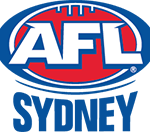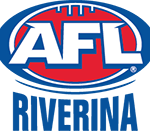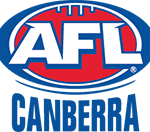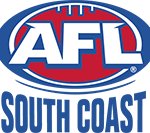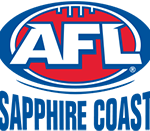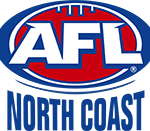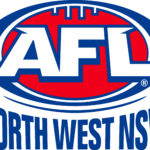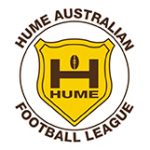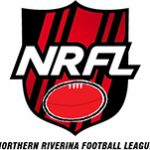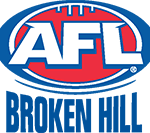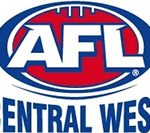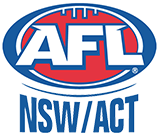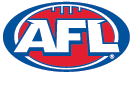Aussie WWI soldiers commemorated with 2018 ANZAC Cup AFL match
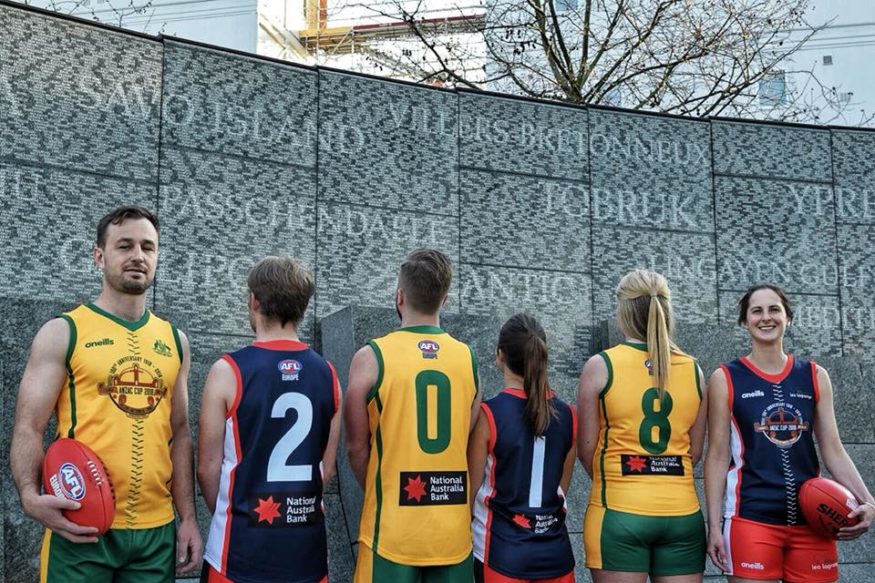 Image courtesy of AFL Europe Media.
Image courtesy of AFL Europe Media.
Originally published by the Daily Telegraph.
ONE hundred years ago John Carr disappeared in the fighting around the flashpoint French town of Villers-Bretonneux.
To the horror of his family and army friends, it was suggested he had deserted — taking advantage of the confusion to leave his mates and start a new life in France.
It took three inquiries to clear his name and establish that the NSW 45th battalion infantryman had indeed gone missing, but he had not run. Instead, as happened to so many in that grotesque war, he had died alone and his body vanished — buried by shell bursts or lost in battlefield mud.
Today his great-great-nephew Jake McIntosh, 31, is in the French town to honour his ancestor with a particularly Australian salute — a game of footy.
Jake is part of the 2018 Anzac Cup team, playing a French AFL side in the annual celebratory clash, now in its tenth year.
Like all his teammates, Jake’s Anzac connections run deep. From John, through Gallipoli veteran great-grandfather Isaac Lefevre, to four great-uncles who fought in Papua New Guinea in World War Two — only one of whom came back.
“I have always wanted to go to Villers-Bretonneux because of our strong family links,” the maths teacher said. “This is the perfect time.”
Jake, who was born in WA before moving to Sutherland Shire in Sydney as a boy, will be seeking out his great-great-uncle’s name at the Australian National Memorial outside the French town, where more than 10,000 fallen Diggers with no known grave are commemorated.
John was killed on April 29, in the fighting that followed the famous Aussie charge to take Villers-Bretonneux from the Germans.
“It was quite controversial,” said Jake, who is based in London and about to move to Thailand. “They thought he had gone absent without leave, but the people he was fighting with said that absolutely was not the case. There must have been strong opinions on both sides as it was investigated three times.”
While John is foremost on Jake’s mind, when he takes the field tomorrow he will also be thinking of his own father and grandfather on his mum’s side — men he credits with firing his interest in the family Anzac story.
And he is especially interested in meeting more of his teammates and their French hosts, and hearing their stories.
The Anzac Cup squad hail from all over Australia and are both male and female.
The skipper of the men’s side is Eddie Morgan, whose great-great grandfather Brigadier Thomas Glasgow was one of the two generals who led Australia to victory at Villers-Bretonneux in that battle 100 years ago — three years after the Anzacs hit the beach at Gallipoli.
The 27-year-old, who manages the family sheep station near Olary in rural South Australia, always knew of the Glasgow connection — but became particularly familiar when he studied it in Year 12 history at Adelaide’s St Peter’s College.
What really stood out was how Glasgow — whose men enveloped Villers-Bretonneux from the south in the dark, one of them earning a Victoria Cross along the way — stood up to a foolish British general who ordered him to attack in daylight from a suicidal angle across the German guns, famously snapping back: “If God almighty gave the order, we couldn’t do it by daylight.”
Glasgow began soldiering in the Boer War and was decorated for extreme courage. He and his men were in the thick of some the most desperate actions at Gallipoli and on the Western Front — and after the war he became a Nationalist Senator and Australia’s first high commissioner to Canada.
While excited to walk the ground won by his great-great grandfather, Eddie notes: “It’s important to remember this is something that he did, not the family. We are very proud of it but the people who fought in the war did those things — we can’t take credit today.”
However he does believe Glasgow’s firm yet understated style — “the bushman’s difficulty of verbal expression but sure sense of character and situations”, as described by war historian Charles Bean — has been passed down the family, on his mother’s side.
“It’s a bit of a characteristic of people who live in the bush. We’re not too loud; I like to keep my words to the point and not overstate things. The family is like that.”
Despite that, in France Eddie definitely does want to trade family stories with the locals and fellow Australian visitors, including a distant relative he’ll be meeting for the first time. Tomorrow he’ll go to the dawn service at the nearby Australian National Memorial — where Prime Minister Malcolm Turnbull and Prince Charles will be joined by 8000 others, most of them Aussies — before the AFL clash in the afternoon.
And regarding the outcome and his opponents, the midfield player is playing cautious.
“I’m excited,” he says. “But I’m reticent to sling too much cheek because the French team might be pretty good.”
And also in the men’s side is Tyson Mihocek; brother of Collingwood’s Brody Mihocek and son of former Essendon player Jack. Tyson and Brody lost two great-great-uncles in the war — one at Fromelles and one at Villers-Bretonneaux.
Captaining the women’s squad is Victoria’s Priscilla Lodge, whose four great-uncles all fought in the area.
At least two of Priscilla’s great-great uncles were based around Villers-Bretonneux in the desperate days of 1918, when a massive German assault could have won the war for Berlin — until turned by the Aussies; and two fought just a few kilometres away at the bath of mud and blood that was Pozieres.
“The one word that comes to mind when I researched their stories is pride,” said Priscilla. “Family is my number one priority in life.
“To represent my country in a place where my family represented the country is an honour not lost on me.”
Priscilla, a development and property consultant currently based in London, has had a close connection to Anzac Day since childhood — marching with her mum’s father, World War Two PNG veteran Jack Hardy, every year in Melbourne.
The battling Lodge brothers — Augustine, Frank, Jim and Richard — joined up between 1914 and 1917, with Gallipoli original Gus promoted to second-lieutenant after three days at Anzac Cove. Aged just 19, he was the youngest officer in the AIF.
Frank followed soon after and both became local legends, earning the Distinguished Service Order and Military Medal respectively, at Pozieres. A Victoria Cross holder, WD Joynt, said of Gus’ bravery: “What courage … he immediately became my hero.”
They survived various injuries and illness, as did later arrivals Jim and Richard; though the toughest blow was the news that in June 1918 their little brother Fredrick died at home of flu; and four weeks later their dad Jim followed, with some in the family suggesting his death was caused by “fretting” for his sons.
In a fascinating postscript, after the war Frank and Richard started a building company — and one of their jobs was Melbourne’s Shrine of Remembrance.
A century on, Priscilla is also in property development. “To be related to these men who were so young, so brave and perhaps a bit naive, is extraordinary,” she said. “What they did is unimaginable and it certainly puts the problems of 2018 into perspective.”
While in France, the Collingwood fan particularly wants to visit Pozieres. But tomorrow her day will begin with the dawn service at the nearby Australian National Memorial — where Prime Minister Malcolm Turnbull and Prince Charles will be joined by 8000 others, most of them Aussies — before watching her team’s Anzac Day clash then playing her own game.
The sports fan, who has been playing AFL for four years and currently plays with the Wandsworth Demons, will be using the Fox Footy app for watching AFL and NRL overseas. Fox Sports is giving free access to fans to mark Anzac Day.
“I can’t miss a game,” said Priscilla. “The first things I did when I came to London five months ago were: 1. Get a job; 2. Get a house; 3. Get my Fox Footy app.”
Keep up-to-date with all AFL NSW/ACT related news by following us on Facebook, Instagram and Twitter.
